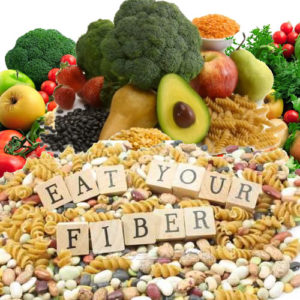People’s fiber choices are often influenced by several factors, which can impact their overall nutritional status. These factors include the available income of families, knowledge availability of fiber-rich foods, societal and social trends and cultural heritage.
According to Trinidad and Tobago’s Newsday, it’s best for people to buy local whenever possible, and to make it a point to choose nutritious foods during each shopping trip. In addition to fiber, foods that make up a balanced diet should contain phytochemicals, antioxidants and a variety of protein, minerals and vitamins. Of course, adequate water consumption should also be part of a healthy diet.
But what exactly is dietary fiber? It can be accurately described as carbohydrates that are not digested by the body. Fiber is also the lignin portion of plants. Examples of healthy fiber courses include pectin, cellulose and hemicellulose, tannins and mucilages.
There are also different types of fiber categories. Soluble fiber, for example, is easily dissolved in water and forms a gel that is consumed by the bacteria in the colon. Soluble fiber is also responsible for lowering cholesterol and decreasing the risk of health conditions like diabetes and heart disease. Some of the best sources of soluble fiber are legumes, vegetables, seeds and whole grain foods like oats and rye.
Insoluble fiber, on the other hand, can’t be dissolved in water and isn’t fermented as readily by the body. It provides a full feeling after eating, and can help to keep the body at an ideal weight. Insoluble fiber is also responsible for relieving or preventing constipation and reduces the risk of conditions like diverticulosis.
According to a 2008 position statement by the American Dietetic Association (ADA), the organization indicated that people should strive to eat more dietary fiber, and that the fiber should come from a wide variety of plant foods. The ADA also stated that populations who consume high amounts of dietary fiber have a lower risk of chronic disease. Consuming a diet high in fiber is also associated with lower body weight.



